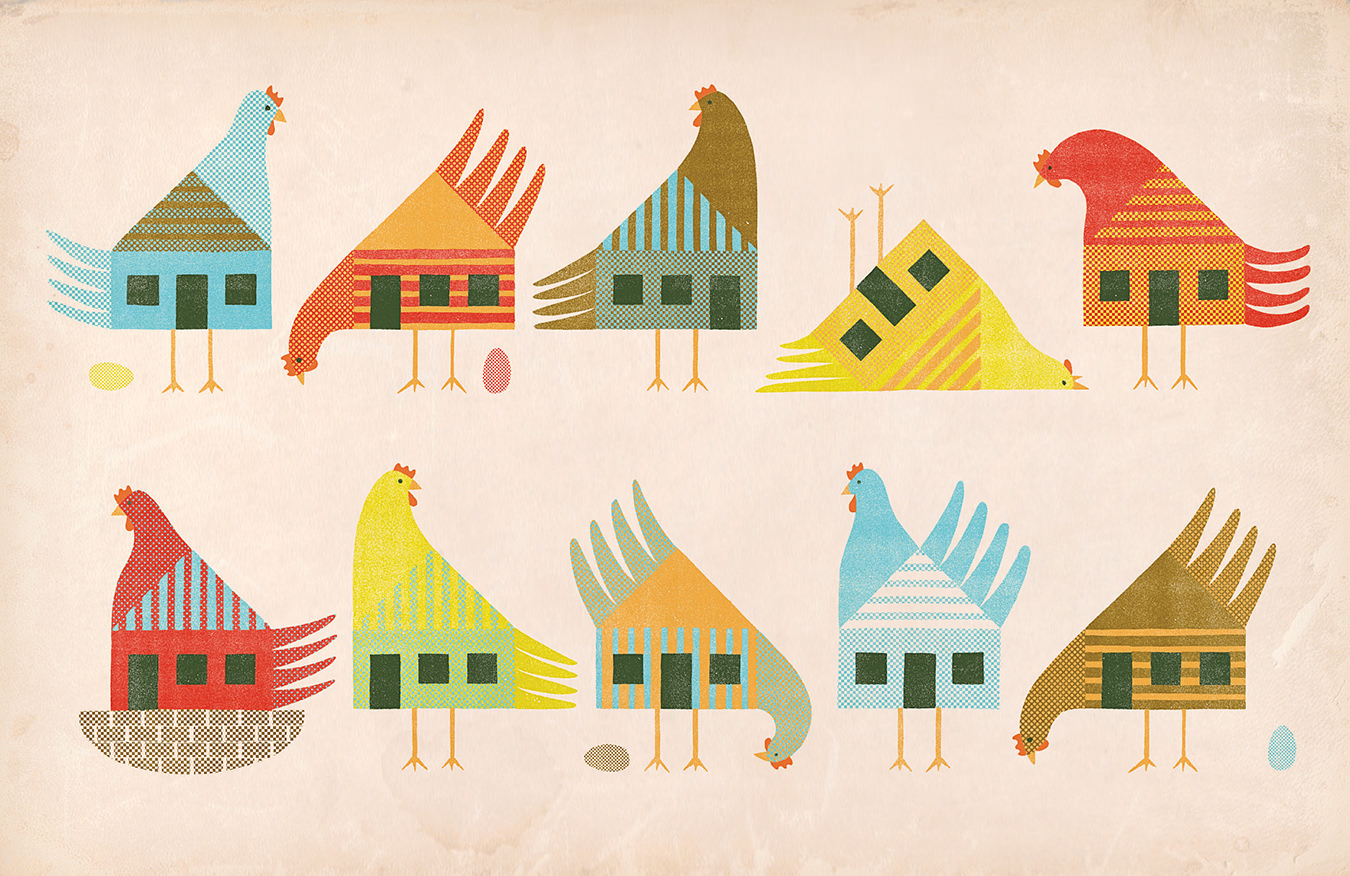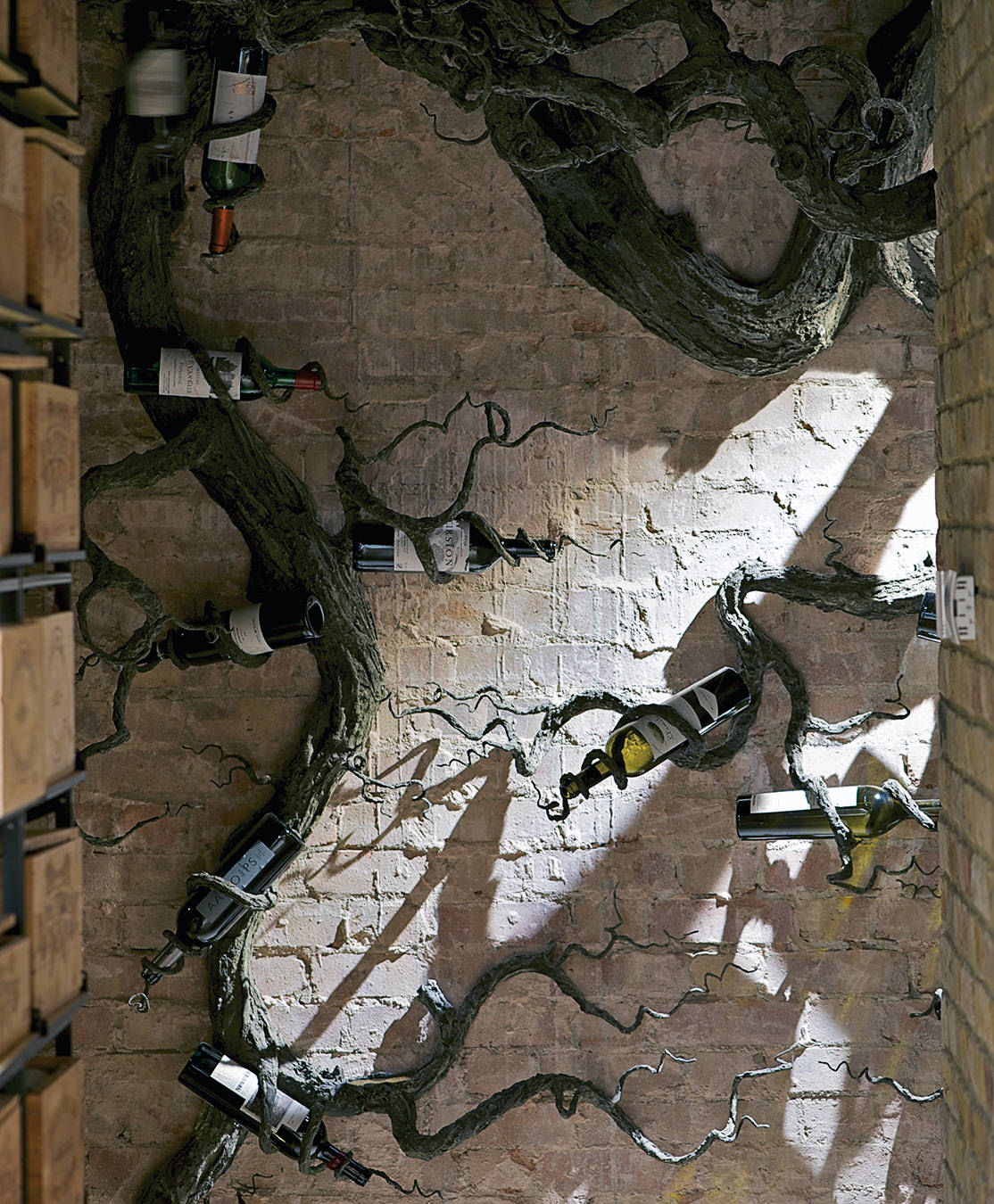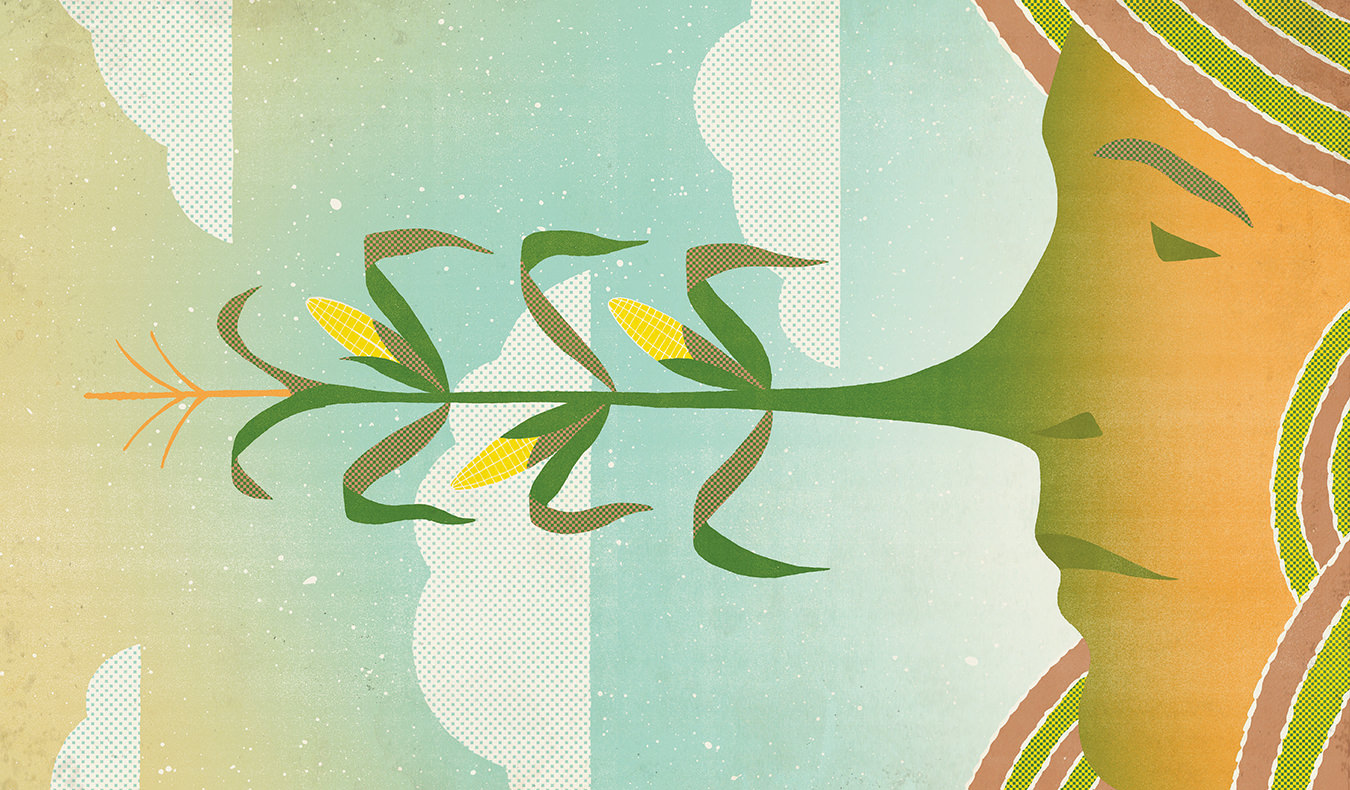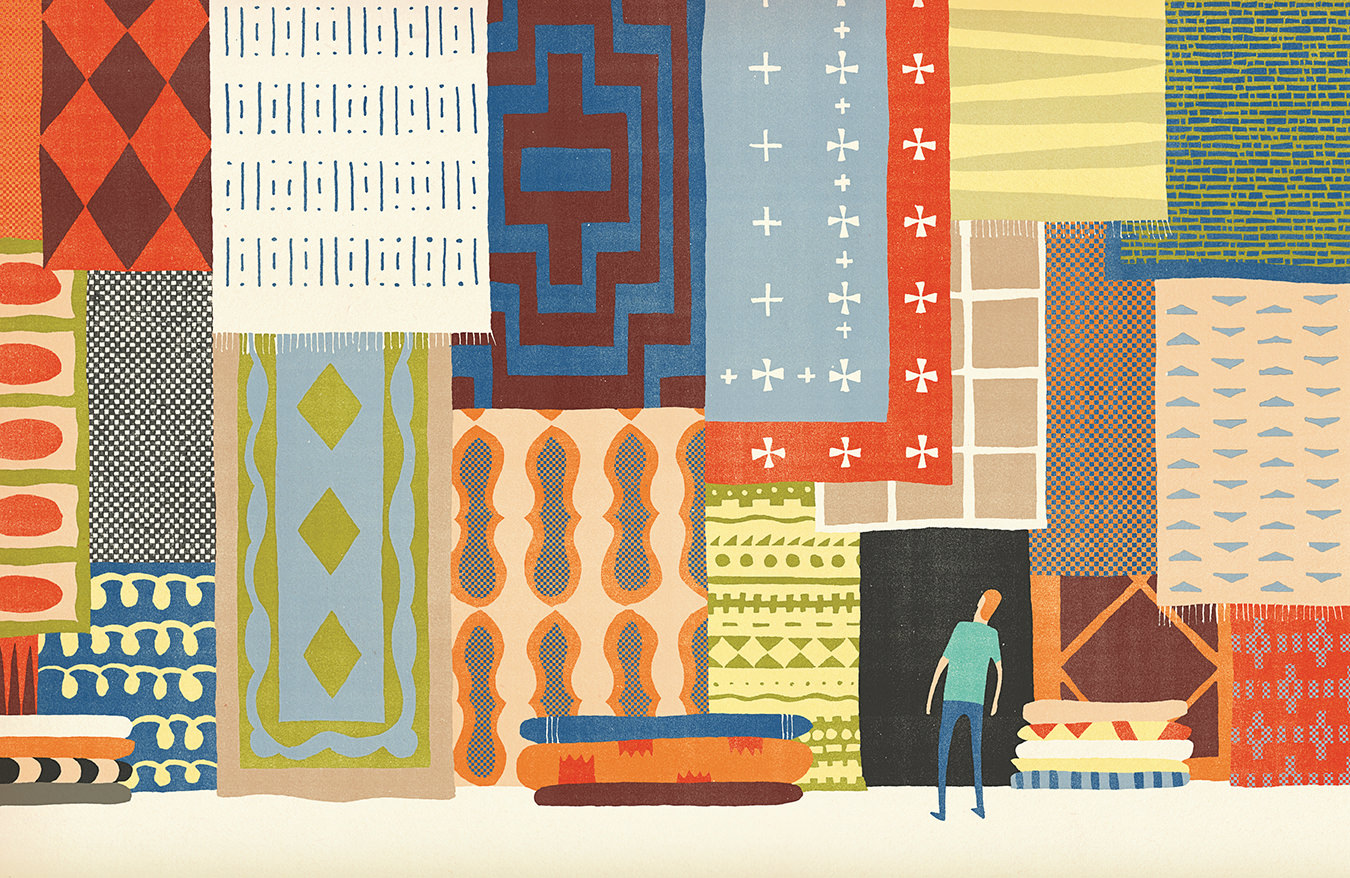A Toast to the Ages
In vino veritas.
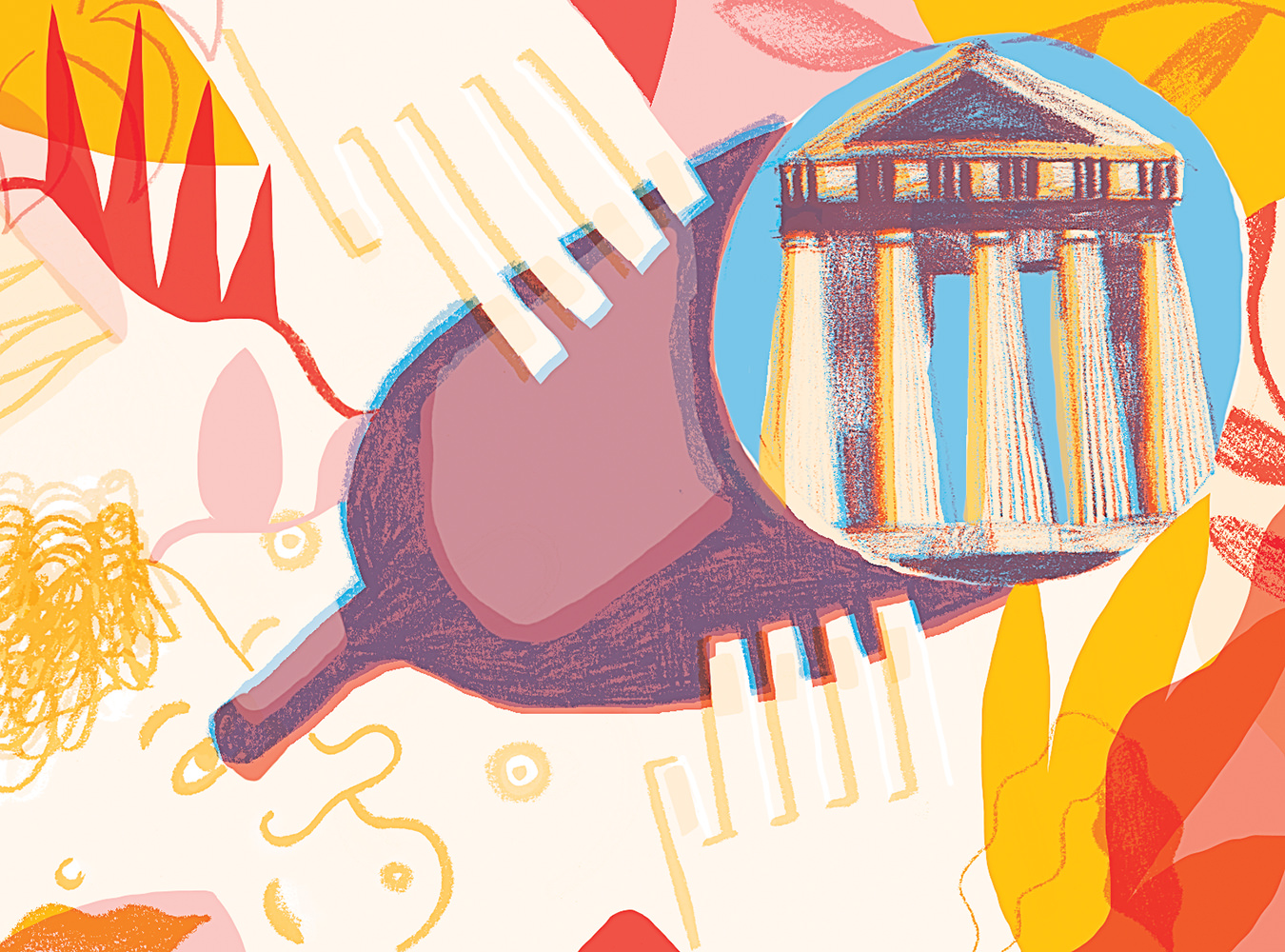
Wine has long been the subject of hyperbole, whether it’s Pliny the Elder’s statement that “In wine, there is truth” (in vino veritas), Jack Kerouac’s rework that “There’s wisdom in wine,” Ernest Hemingway’s assertion that “Wine is one of the most civilized things in the world,” or Michel Bettane’s more recent comment that “Fine wine is part of civilized life.” Within such thoughts is the idea that wine is uplifting, by nature associated with the highest forms of culture and human existence.
What is it about wine that leads otherwise reflective people to come up with such exaggerations? Wine is fermented grape juice, manipulated to a greater or lesser extent to produce a beverage that can range from the truly dreadful to the sublime. (At least Bettane specified that fine wine, not plonk, is part of civilized life.) Wine is an alcoholic beverage, just like beer, mead, cider, and all the distilled spirits, but—outside brewery and distillery PR releases—you won’t find such over-the-top praise of beer or brandy as you do of even the most ordinary wine.
It wasn’t always this way. In ancient Sumer, where everyone drank beer and the elites supplemented it with wine, a hymn was written in praise of beer. But as a counterweight, the Sumerian Epic of Gilgamesh tells how a wild man of nature became a civilized person by drinking seven goblets of strong wine.
Yet the real tipping point in favour of wine came with the Greeks and Romans, the first real wine snobs. Wine was central to the elite Greek social gathering, the symposium, and the Greeks (and later the Romans) believed that beer made men effeminate. Although men often became drunk as a result of binge-drinking wine at symposia, the Greeks were scornful of non-Greeks who became intoxicated on beer. For both the Greeks and the Romans, spreading wine consumption and production was part of their civilizing mission.
Christianity reinforced the privileged status that the Greeks and Romans gave wine. Wine is the most cited beverage in the Bible, and the grapevine is mentioned more than any plant; water is mainly mentioned as a spiritual cleanser and for sustaining life (and for walking on) rather than drinking. Jesus’s first miracle was to turn water into wine. Once wine was construed as representing the blood of Christ, it was promoted to a spiritual status unparalleled in any other religion.
So by the Middle Ages, wine had pole position in the competition for status among beverages. It helped that the French, who developed a reputation for high thinking and civilized living, claimed wine as their own. They declared wine their national beverage and for centuries have made heady claims for its qualities. In the 19th century, when campaigns throughout the world were decrying alcohol, the temperance movement in France called for the French to drink wine, which Louis Pasteur called a “healthful and hygienic beverage.”
In the early 1930s, when France was faced with a glut of wine, the French government urged its citizens, already the world’s biggest consumers, to drink even more. The French medical profession supported the campaign, arguing that wine was a healthy beverage. One physician claimed that 87 per cent of centenarians were wine drinkers, and another argued that wine was at the core of national greatness: “For over a thousand years, wine has been the national drink of the French and although they have been surrounded by enemies against whom they have fought more wars than any other people, the French have not only survived but they are among the two or three most important nations in the world.”
Between 1934 and 1937, the new French state radio broadcast a series of talks on the history of France traced through wine. Listeners learned that Louis XVI failed as a king not because his financial mismanagement led to the French Revolution, but because he diluted his wine with water, which prevented him from thinking deeply enough. As for the great ideas of the Enlightenment, they came forth under the influence of wine.
Claims for beer paled against this. While the French were situating wine at the centre of their civilization, the best the British could do was praise their beer as nutritious. In Henry IV, Part II, the greatest English writer, William Shakespeare, betrayed his compatriots by praising not English ale and beer, but sherry, a fortified wine; it drove out foolishness and dullness, he wrote, and quickened the intellect and wit.
So, modern commentators, who go on about “bottled poetry” and the “civilizing” effects of wine, come by their ideas honestly. Yet although it’s all very well to wax poetic and philosophical over great wines, can’t we be a bit discriminating? You don’t have to be a snob to know there are great wines, good wines, and poor wines, and that celebrating them all as poetry and civilization in a bottle is just silly. Maybe it’s time to act like tannins in a young Classified Growth, and get a grip.

